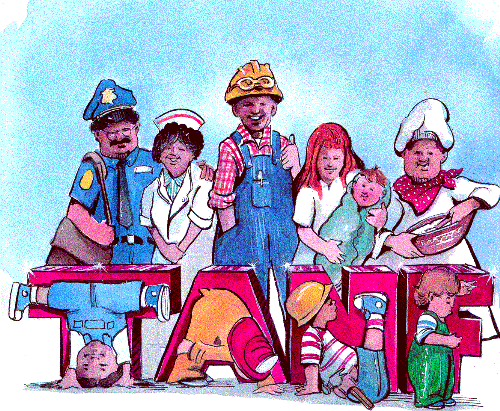
As the 1996 Personal Responsibility and Work Opportunities Reconciliation Act marks its twentieth anniversary, researchers are still exploring the impact of this law, called “welfare reform.” Although this law’s Temporary Assistance for Needy Families program helps some groups of poor people, it leaves others without any stable cash support. One group seriously at risk consists of low-income single mothers with children who end up with no incomes from either welfare or paid jobs. Researchers call them “economically disconnected.”
Why Should We Care?
Low-income mothers and children who have have no documented cash income of their own may be eligible for Temporary Assistance to Needy Families, yet many do not get those benefits. This is a cause concern, because families suffer when they have no cash at all. And we can also ask whether these programs are sufficiently accessible to those in most need. Available data show that “take-up rates,” that is, use of benefits, fell to about 30 percent in 2009 for eligible families. In 1990, moreover, studies found that about ten percent of low-income women subsisted without any cash; but the proportion rose to more than 20 percent by 2010.
Such “disconnected mothers” with little or no income are among America’s most economically vulnerable people. They are more likely than other low-income single mothers to live in public housing as opposed to apartments, and they experience severe hardships, sometimes even going without food. Prior studies have identified a number of reasons why certain poor women become so cut off from both work and public cash assistance. Many find it hard to get or keep jobs, because they lack childcare or transportation, or because they have to care for an ill family member. Many of these women also suffer physical and mental health problems that prevent them from working; or they have few opportunities due to limited work experience, learning disabilities, and low levels of educational attainment. more...

 Research to Improve Policy: The Scholars Strategy Network seeks to improve public policy and strengthen democracy by organizing scholars working in America's colleges and universities. SSN's founding director is Theda Skocpol, Victor S. Thomas Professor of Government and Sociology at Harvard University.
Research to Improve Policy: The Scholars Strategy Network seeks to improve public policy and strengthen democracy by organizing scholars working in America's colleges and universities. SSN's founding director is Theda Skocpol, Victor S. Thomas Professor of Government and Sociology at Harvard University.